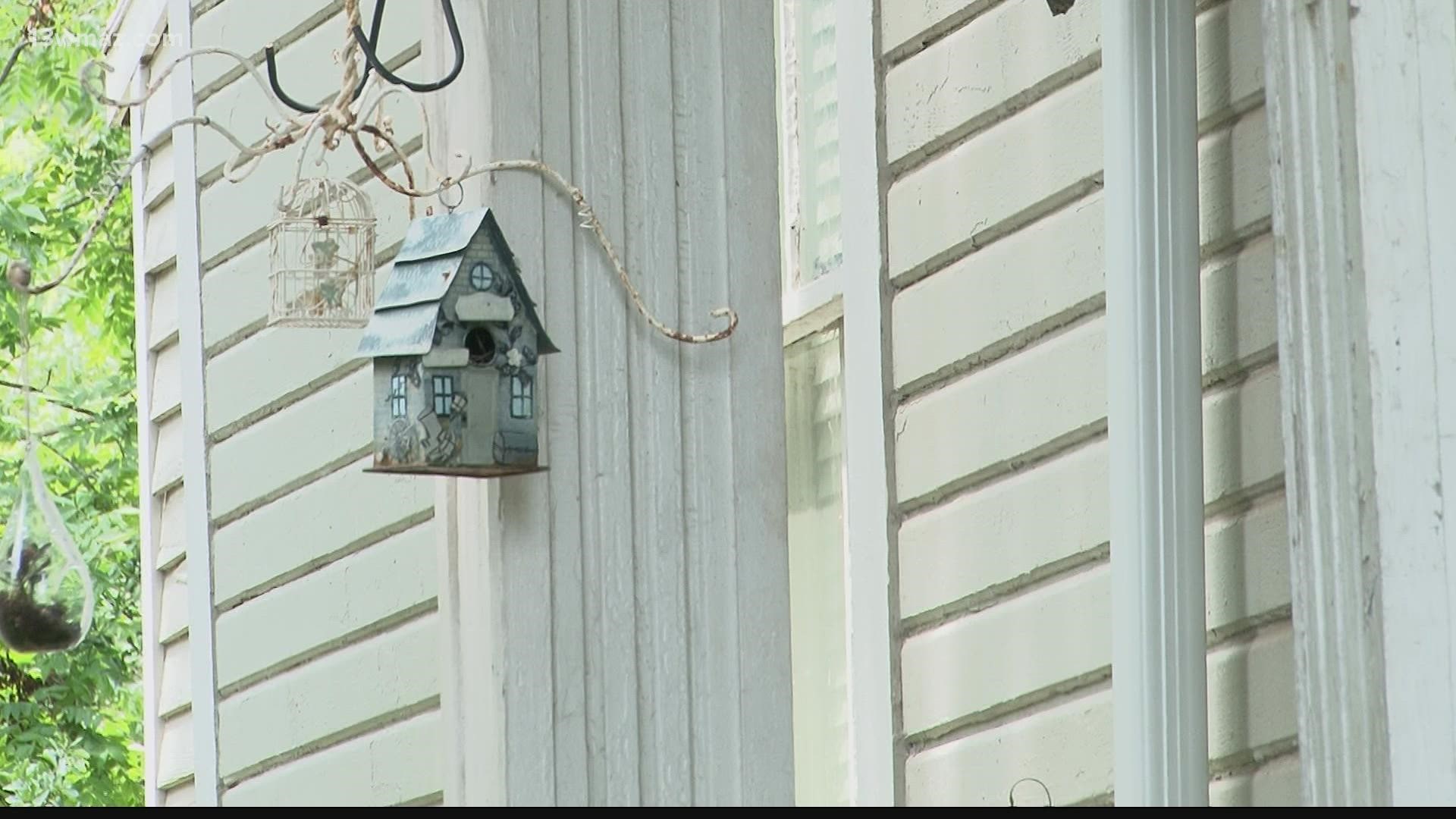MACON, Ga. — The CDC's national moratorium on evictions during the COVID-19 crisis has been extended, but there are some conditions.
We spoke to a civil court judge and a tenant about how the latest version of the moratorium affects Central Georgians.
64-year-old autoimmune Karon Bezold of Forsyth says she's never missed a billing cycle.
"I've lived a life of paying bills and paying bills on time," said Bezold.
That was until last winter when Bezold's heating system broke and her electricity bill doubled.
She says that caused her to take out a couple of loans this spring, but it wasn't enough.
She fell two months behind on her rent this year.
Bezold said, "I just want to make things right with my landlords. I owe them the money."
In June, a sheriff served her an eviction notice.
"I just felt like every bit of pride and every bit of me had been stripped away," Bezold said.
So Bezold went to court in July and August and is now working with lawyers who are helping her apply to the Georgia Rental's Assistance Program.
Chief Civil and Magistrate Judge of Bibb County Pamela White-Colbert says she's not alone.
"Probably we have, before this last order, more than 400 orders have been placed on hold," White-Colbert said.
Right now, White-Colbert says Macon is a high COVID-19 transmission area, so all tenants qualify under the newest moratorium.
Since July 31, 95 new eviction cases were filed in Macon.
"I tell them when they come in, whatever money you get, pay something, even if it's $100 so that it is a good war effort that you are trying, but because of your situation, you just can't," White-Colbert said.
Bezold is headed back to court Friday.
"When it comes to situations that are completely out of my control, completely out of my control, I put those in God's hands," Bezold said.
Judge White-Colbert said every case has a different story, so the final decision just depends.
The end of the current moratorium is October 3rd.
There will be seven more court days.
The Georgia Legal Services Program is offering free help for people who face eviction.
"If a person has previously been protected under the prior CDC Eviction Moratorium and provided their landlord a copy of the signed CDC Declaration, they should continue to be protected under this new order as long as they still meet the eligibility requirements and reside in a county with substantial or high levels of community transmission of COVID-19. So far, it has been a source of certainty to those households in very uncertain times. The additional time provided by the new order is now allowing more individuals to applying to the Georgia Rental Assistance Program and seek assistance to help pay delinquent rent. We are seeing more tenants and households apply for rental assistance and I believe this needs to continue. If anyone needs assistance in applying to the Georgia Rental Assistance Program or has concerns about an eviction filed against them, they may contact Georgia Legal Services Program at 1-833-457-7529," said Attorney Shannon Mills with Georgia Legal Services Program.
In order to determine their county’s levels of community transmission of COVID-19, tenants can visit : https://covid.cdc.gov/covid-data-tracker/#datatracker-home.

